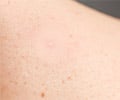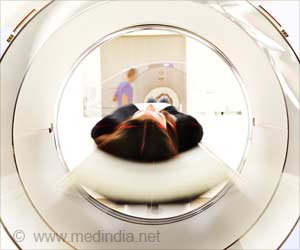Preventing over-exposure to the sun and reducing the risk of cancer may soon be possible via a paper wrist strap similar to the bands worn at festivals.

The monitor works by turning from yellow to pink as the strength of UV radiation increases.
The wristband operates through an acid-release agent, which picks up ultraviolet light and a dye which responds to pH levels in the indicator.
The sunlight decomposes the agent, leading to the rapid change in colour.
The bands shall be tailored to different skin types to reflect the varying tolerance levels that people have to the sun.
For example, a band for someone with fair hair and light skin will change colour quicker than a band for someone with dark hair and dark skin.
Advertisement
"We are very excited about the UV dosimeter technology and we look forward to developing it further and commercialising it," the Daily Mail quoted Lindahl as saying.
Advertisement
The original invention is the result of the hard work of Professor Andrew Mills and Dr Michael McFarlane who were previously with the University's Department of Pure and Applied Chemistry.
They will now be engaged as consultants to Intellego Technologies.
"The bands will have to cost less than 10p each because they are disposable and need to be thrown away at the end of the day," Mills said.
According to Cancer Research UK statistics, prolonged exposure to the sun can increase the risk of skin cancer, of which the most virulent form, malignant melanoma, had 200,000 new cases worldwide in 2008.
"The sunburn monitor will make a significant contribution to public health as an affordable, fashionable device which enables people to enjoy the benefits of the sun while at the same time keeping them alert to the risks of over- exposure." Fiona Strang, Commercialisation Manager with the University of Strathclyde's Research and Knowledge Exchange Services, said.
Source-ANI









